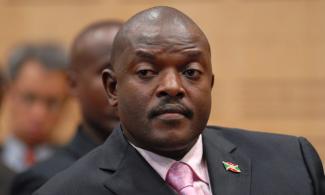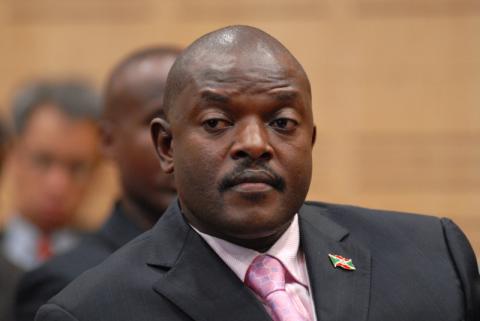
According to the United Nations Electoral Observation Mission (MENUB), Burundi's national environment is not conducive to hold a credible election process.

According to the United Nations Electoral Observation Mission (MENUB), Burundi's national environment is not conducive to hold a credible election process.
MENUB observed all of the electoral process of Burundi during the July 2015 election. Though the election was peaceful even after two postponements, the results—incumbent President Pierre Nkurunziza winning a controversial third term—exposed the tension between opposing political parties, as well as Burundi's instability.
The statement MENUB released today explained, "The Constitutional Court's ruling on the admissibility of the President's candidature for a third mandate did not solve the wider political problem of presidential term limits in Burundi, but rather exacerbated further controversy, protests and tensions."
Furthermore, the mediation efforts of the East African Community (EAC) through Ugandan President Yoweri Museveni did not resolve party conflicts.
Pertaining to election coverage, "State-owned media did not provide balanced media coverage to all presidential candidates." Freedom of expression, contention, and assembly were obstructed.
Last week, the United States and Britain, sanctioned the Burundi's elections as ludicrous.
The situation in Burundi has been less than perfect: at least 100 people died in the protests that took place after Nkurunziza won the parliamentary right to run for a third term. Since April, more than 170,000 refugees have left Burundi as restlessness and uncertainty about their safety rose.